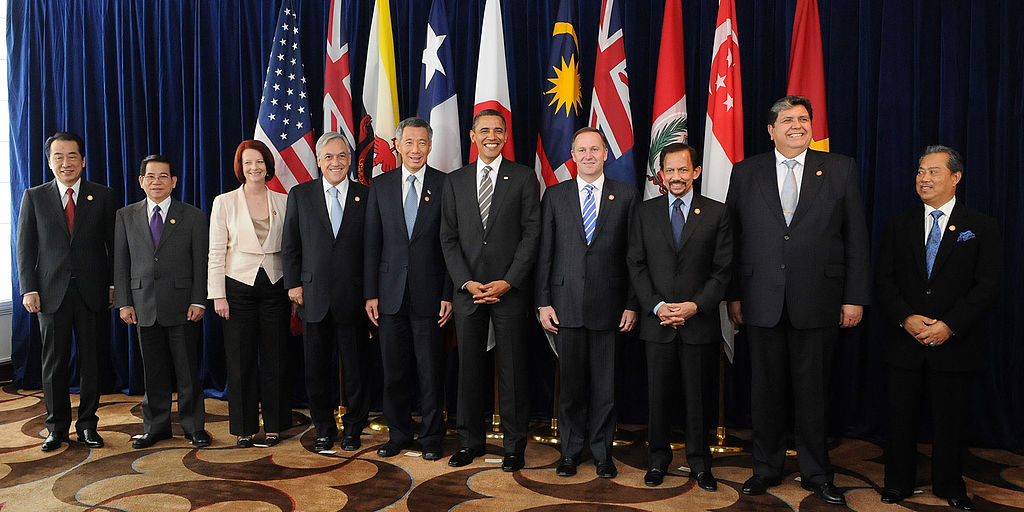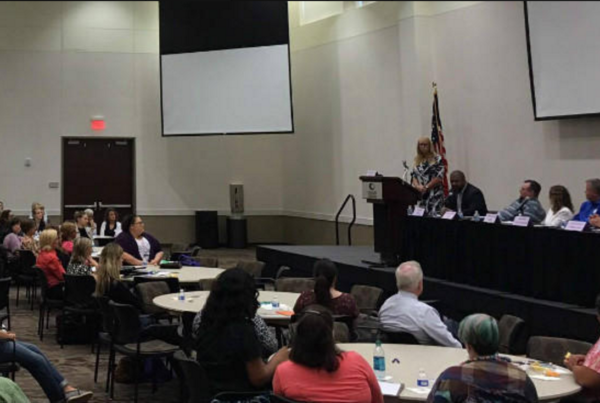With Congress back in session, headlines are proclaiming the Trans-Pacific Partnership (TPP) is dead on arrival. President Obama remains confident he can get U.S. lawmakers to pass the trade deal and he’s spent much of his time in Asia this week convincing the continent’s leaders of the same. Both Hillary Clinton and Donald Trump oppose the deal.
Raymond Robertson, a professor of economics and government at the Bush School at Texas A&M, is chair of the U.S. Department of Labor’s National Advisory Committee. Since last fall, local labor leaders like Mark York of the Dallas chapter of the AFL-CIO have asked why the deal wasn’t discussed openly with unions and workers all along.
“That’s a question that’s raised about all trade negotiations,” Robertson says. “A lot of the trade negotiations are incredibly detailed and so to have open forums on every single provision would almost be infeasible. That’s not to say it’s not a good idea to have a slightly more open process.”
What you’ll hear in this segment:
– How TPP is similar to NAFTA, which the Dallas Federal Reserve said was bad for Texas business
– Why Robertson says the TPP won’t have a large of an effect as people expect
– What makes the TPP a good deal and why fair trade benefits consumers













